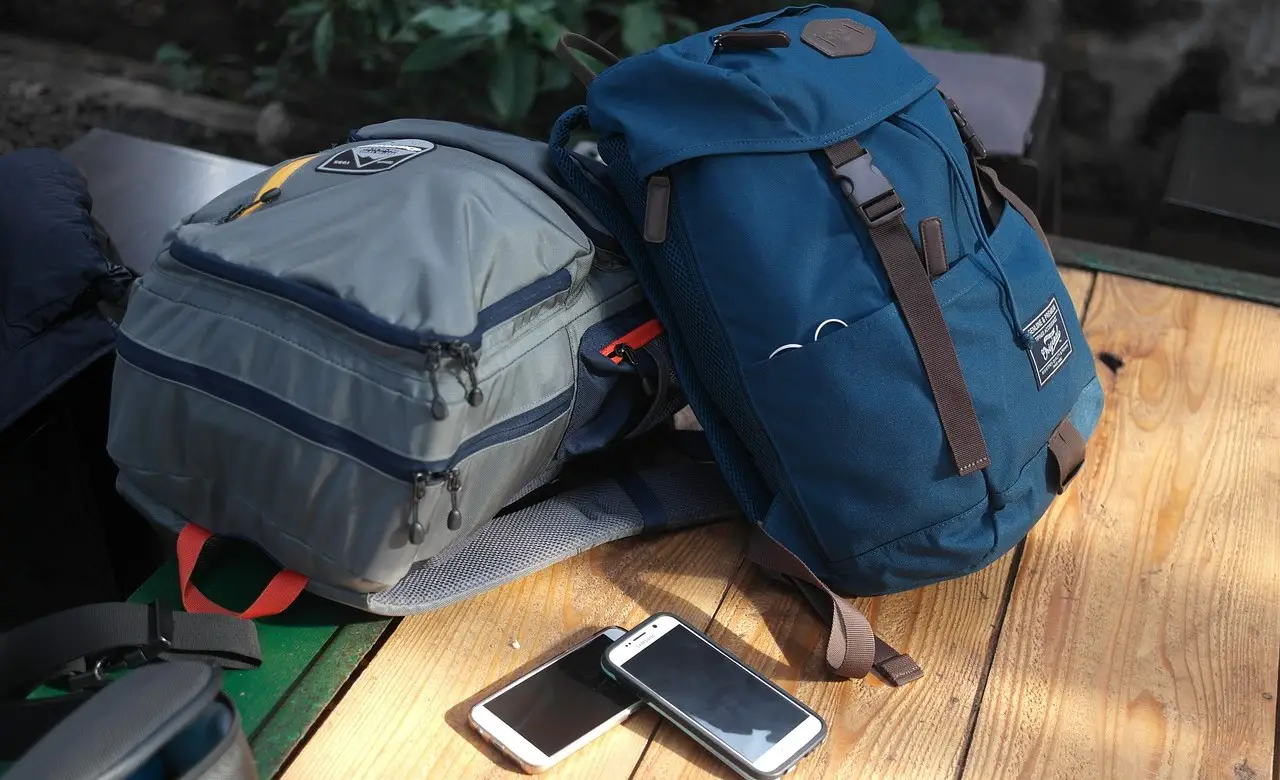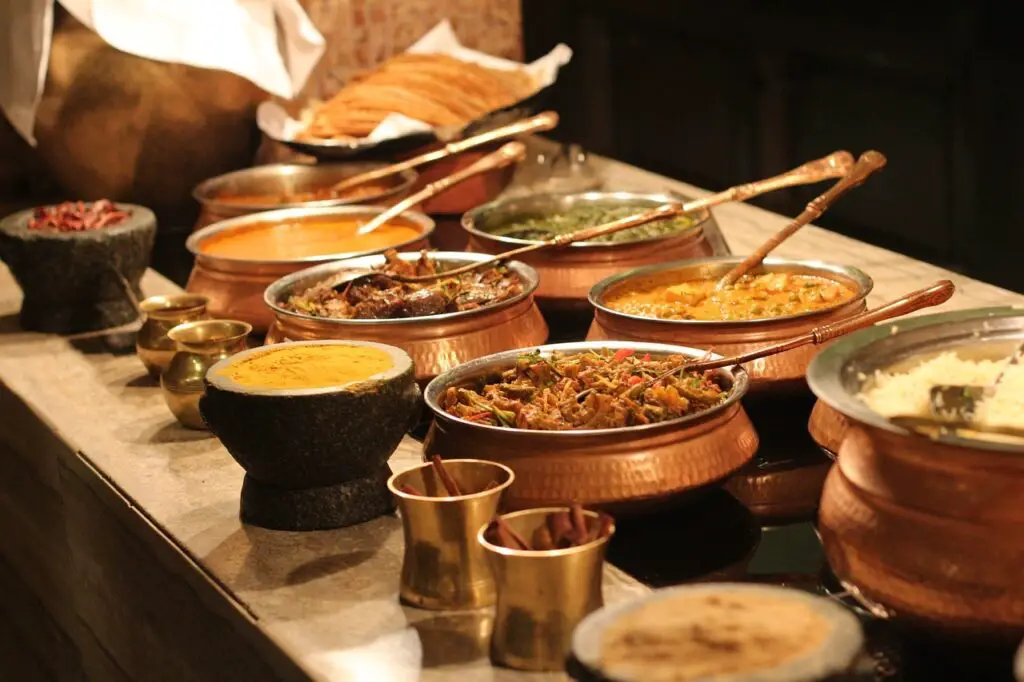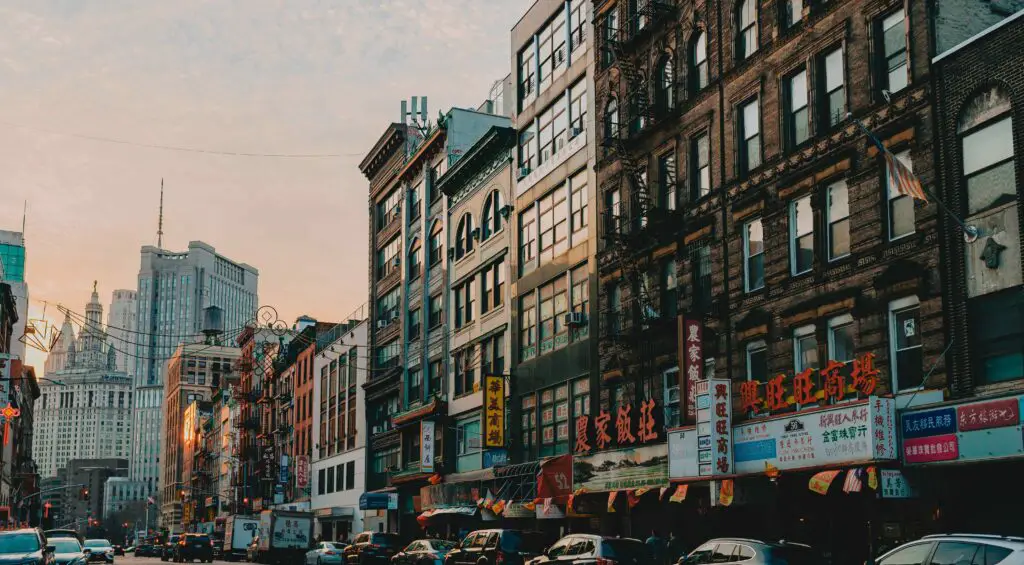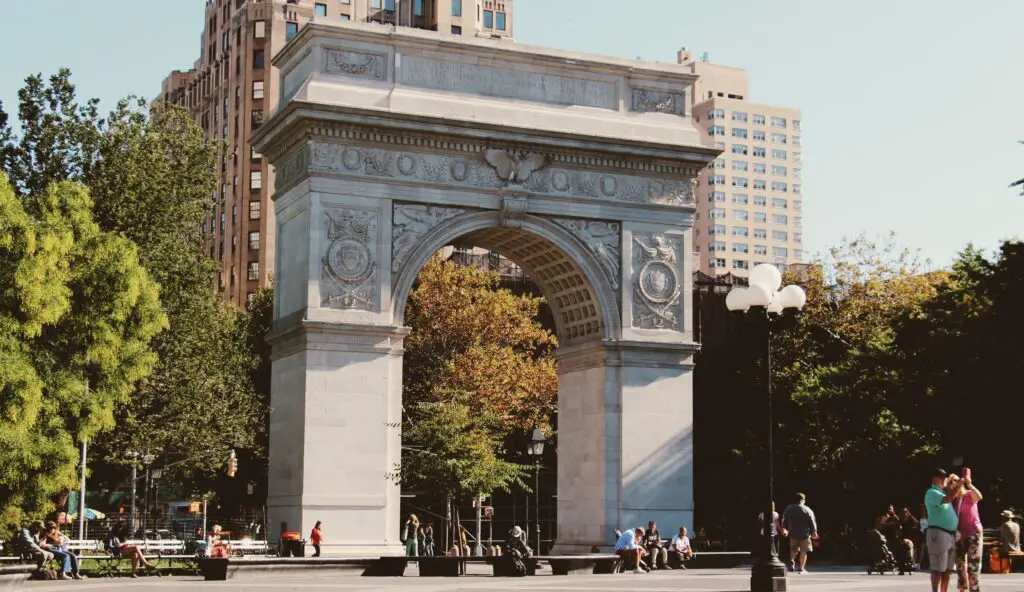
Indiana, tucked away in America’s heartland, is far more than a mere pit stop on your journey. It’s a tapestry of rich history, vibrant small‑town culture, and dynamic urban energy that invites exploration beyond well‑trodden tourist trails. In this guide, we share a comprehensive collection of travel tips designed to help you navigate Indiana with the insight and confidence of a local. Whether you’re admiring the architectural wonders of Indianapolis, discovering the hidden art scenes in Bloomington, or immersing yourself in nature at scenic state parks and byways, Indiana offers a diverse range of experiences that cater to every interest and budget.
Local travel planning is key to making the most of your trip, so consider using a dedicated personal travel planner to craft your perfect itinerary. As you prepare your adventure, remember that every season in Indiana brings its charm—from the lively outdoor festivals of summer and the cozy, snow‑kissed winters to the blossoming springs and the vibrant colors of fall. With family‑friendly attractions, outdoor escapades, and an emerging culinary scene waiting at every corner, Indiana invites you to break free from routine and savor genuine Midwestern hospitality.
Let these travel tips serve as your roadmap for exploring local neighborhoods, uncovering hidden eateries, and visiting historical sites off the beaten path. Embark on a journey that promises not only adventure but also an authentic connection with the spirit of Indiana. Get ready to discover hidden gems that will make your trip as enriching as it is unforgettable.
Table of Contents
ToggleBest Times to Visit Indiana

Indiana’s four distinct seasons each offer unique adventures, making the state an appealing year‑round destination. In spring, the parks burst into bloom, creating the perfect backdrop for outdoor strolls and visits to local art installations. The moderate weather allows you to enjoy the rich history and culture without the crowds.
Summer in Indiana is vibrant and full of community energy. Outdoor festivals and local events light up both urban centers and rural communities. Fall, with its kaleidoscope of colors, is ideal for scenic drives and hikes, especially in regions like Brown County, where the autumn foliage is breathtaking. Even winter adds its charm, transforming both cities and quiet country retreats into cozy havens with festive markets and seasonal traditions.
Planning and understanding local weather nuances can help you tailor your visit to match your interests, whether that’s enjoying long summer days or the crisp beauty of autumn. Each season invites you to explore Indiana in a way that feels natural and immersive, offering new perspectives at every turn.
Exploring Indiana’s Cities Like a Local
Indiana’s cities are vibrant mosaics of history, culture, and modern energy. In Indianapolis, towering skylines meet preserved historical districts. Strolling through the downtown areas, you can immerse yourself in local art galleries, museums, and lively green spaces. A walk along the canal district offers a moment of calm amid the buzz of urban life.
In Bloomington, where Indiana University infuses the town with youthful vigor, you’ll find a rich blend of cultural and culinary experiences. Quaint coffee shops, independent boutiques, and artistic street performances give the city a unique rhythm. While exploring, use the handy Nearest Restaurant to You tool to discover hidden dining gems that locals frequent with ease.
Other cities like Fort Wayne and South Bend add to Indiana’s dynamic character. Each town tells its own distinct story—whether through historical landmarks, vibrant craft markets, or community festivals, the Hoosier spirit is evident everywhere. Exploring these areas like a local means savoring every nuance, from urban chic to small‑town charm, and understanding that each city contributes to the state’s unique identity.
Hidden Gems and Outdoor Adventures

Beyond the lively city streets, Indiana is a treasure trove of natural beauty and lesser‑known attractions that beckon the intrepid traveler. State parks such as Turkey Run, Clifty Falls, and Indiana Dunes provide a perfect setting for hiking, birdwatching, and capturing stunning photographs. In these serene escapes, the rhythm of nature creates an intimate connection often missing in urban environments.
Venture into rural corners of the state, and you’ll discover historic small towns and community markets where time seems to slow down. From century‑old barns that have been transformed into art galleries to pop‑up farmers’ markets bustling with local flavors, Indiana’s hidden gems offer a refreshing change from the ordinary. These off‑the‑beaten‑path destinations remind us that sometimes the best travel experiences are found in the quiet, unexpected places where local tradition and nature converge.
Every step off the typical tourist route presents a new opportunity—be it a peaceful lakeside picnic, an impromptu chat with a local artisan, or a moment of reflection in a secluded park. The journey into Indiana’s natural and cultural secrets promises to enrich your travel experience and provide memories that last a lifetime.
Culinary Delights and Local Eateries

The culinary scene in Indiana is an ever‑evolving canvas that reflects its proud agricultural heritage and multicultural influences. Instead of relying on large chain restaurants, many locals opt for authentic dining experiences in neighborhood bistros and food trucks where recipes are steeped in tradition.
Urban centers like Indianapolis and Bloomington boast eateries that perfectly balance classic Midwestern fare with innovative twists. While you explore the local food landscape, the Nearest Restaurant to You service can guide you to culinary treasures hidden in every corner of the city. And if you’re curious about regional contrasts, a brief look into Wisconsin’s Must-Try Dishes might offer intriguing insights into Midwest cuisine.
Every meal in Indiana is more than just nourishment—it’s an experience. Strike up a conversation with a chef about locally sourced ingredients, or explore seasonal menus that change as dynamically as the state’s environment. Embrace the opportunity to sample traditional recipes and modern reinterpretations alike, and savor the stories behind each dish as passionately told by the locals who have perfected them over generations.
Transportation and Safety Insights

Navigating Indiana smoothly requires a blend of smart planning and local know‑how. In urban areas, public transportation options exist, but many visitors find that renting a car offers the flexibility needed to uncover both popular spots and hidden gems. With well‑maintained highways connecting cities to serene country roads, a car rental is invaluable for a truly immersive experience.
For those interested in exploring beyond Indiana or comparing regional transportation systems, insights into Intermodal Transportation in Chicago can offer useful tips even if your primary focus remains within Indiana. Safety is paramount on any trip. Solo travelers and women venturing alone can benefit from dedicated guidance through resources like Solo Female Travel and Safety Tips for Women, which provide practical advice on route planning and personal security.
Armed with local advice and modern conveniences, you can traverse Indiana with confidence, knowing that every mile brings you closer to unforgettable discoveries in a safe and welcoming environment.
Budget-Friendly Travel Strategies

Traveling smart means balancing cost with experience. Indiana’s affordability is one of its greatest assets, making high‑quality adventures accessible without a prohibitive price tag. Many local attractions, museums, and outdoor venues offer free or low‑cost entry options. Look for discount days or city passes to maximize your visit without overspending.
When it comes to dining and accommodations, consider more personal options, such as family‑run restaurants and boutique hotels, that not only provide an authentic experience but also offer friendly prices. For travelers always on the lookout for a good deal, learning how to save while planning your itinerary can open doors to local discounts and insider secrets that ease your budget woes.
Every decision, from choosing a hidden café to wandering through free community events, can add up to substantial savings, allowing you more freedom to explore and enjoy Indiana’s rich local flavors and storied past.
Planning Your Trip in the Midwest
A well‑crafted itinerary is the cornerstone of any successful journey. Begin by outlining your must‑see attractions and experiences, and consider leveraging a personal travel planner to organize your schedule down to the smallest detail. Looking beyond Indiana itself, you might explore additional regional wonders by delving into insights on the Midwest USA, which situates Indiana within the broader tapestry of Midwestern charm.
If you want to uncover more travel hacks to enhance your journey, check out Iowa Travel Hacks for cost‑saving tips and smart itinerary ideas. And for those considering a multi‑state adventure, planning a South Dakota Road Trip or refining your schedule with a North Dakota Itinerary might perfectly complement your explorations in Indiana.
Booking your flights, hotels, and car rentals in advance can also yield significant savings. Websites offer competitive bundled deals, while travel insurance from trusted partners such as SafetyWing provides peace of mind as you venture into the unknown. This blend of careful planning and spontaneous adventure ensures that your trip is as smooth as exciting.
Conclusion
Traveling through Indiana with local insight transforms a simple visit into an enriching journey of discovery. The travel tips detailed in this guide empower you to dive into the authentic spirit of the Hoosier State—whether exploring the dynamic streets of Indianapolis, savoring the flavors in a cozy neighborhood diner, or finding solitude along a quiet, scenic trail. By blending well‑planned itineraries with spontaneous local encounters, you not only experience Indiana’s famed landmarks but also the subtle charm found in its everyday moments.
Thoughtful planning, smart budgeting, and practical safety measures pave the way for a relaxed yet fulfilling adventure. Each experience deepens your understanding of Indiana’s vibrant culture and timeless traditions, ensuring that the state remains etched in your memory long after you leave. Embrace the journey, allow yourself to wander off the beaten path, and discover how a genuine connection with Indiana can transform travel into a story of personal growth, adventure, and lifelong memories.



